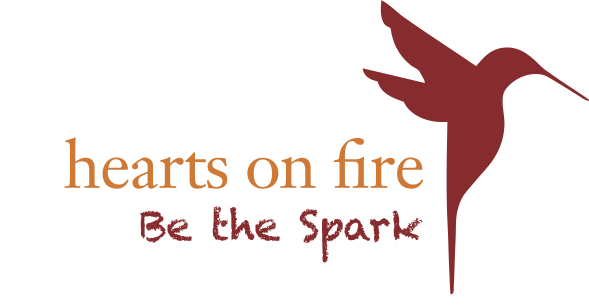Chris Akin | The Base Project
A "Good" Business
Philanthropy isn’t what it used to be; the debate is whether that’s for better or for worse. Traditional ways of serving the public good are being challenged, in part, by a growing segment of social entrepreneurs who believe the greatest impact can be achieved through a sustainable, for-profit business model. Their mission is to do good and do business. Purists in philanthropy worry that mixing purpose with profit is a slippery slope that may compromise the mission.
But the late Duke University Professor Gregory Dees, who defined social entrepreneurship, believed that social entrepreneurs have a valuable role to play in creating lasting social change.
“Entrepreneurs have flexibility to take risks, learn, and adapt as they go. Many will fail, and many others will significantly modify their original ideas as they learn what works and what does not. They serve as an important learning laboratory for society.”
Chris Akin is one of the new generation of social entrepreneurs, a native New Yorker whose head is in business and whose heart is in helping. His ambition was to work his way up the business ladder and eventually land on Wall Street. But first he took a detour to Hawaii, where he connected with a close friend who was working in the non-profit sector and whose lifestyle made a lasting impression.
“She was deeply connected to the local community and feeling fulfilled in her work. So I stopped interviewing at banks and started working with adults with disabilities. The two plus years working in the non-profit sector committed me to social change for the rest of my life.”
Back in New York, the challenge for Chris was to find a way to combine his love of business with his re-ignited humanitarian instincts. In 2011, he came up with a solution. Together with his twin brother he founded The Base Project.
“We came up with this business model, working in developing countries.”
Take Action
You can help fund a Namibian child's high school education by purchasing a handmade bronze bracelet.


